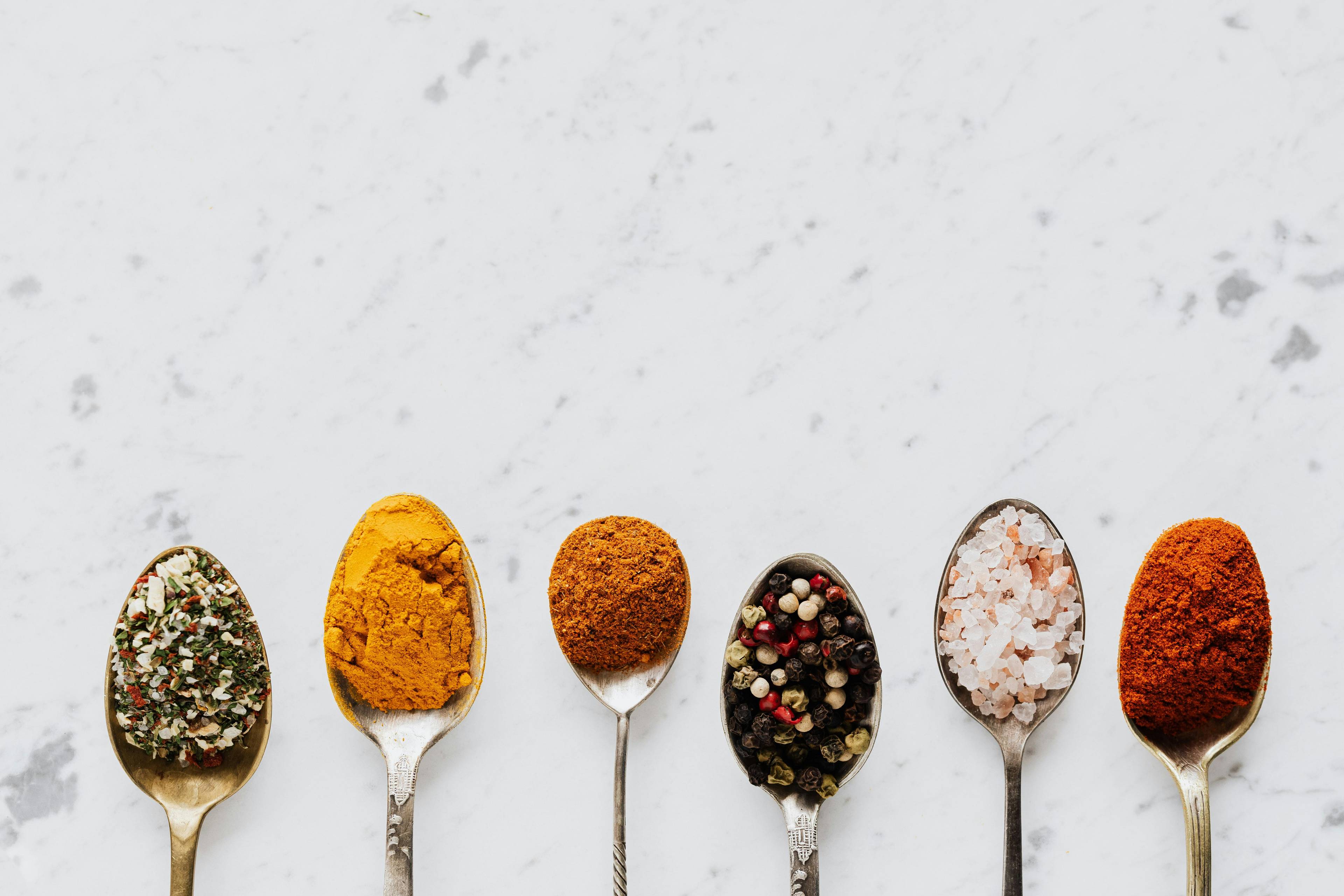The Essential Guide to Spices
Spices are the soul of any kitchen, adding depth, aroma, and personality to your dishes. Whether you’re a novice cook or a seasoned chef, having the right spices on hand can elevate your culinary experience
Spices are the soul of any kitchen, adding depth, aroma, and personality to your dishes. Whether you’re a novice cook or a seasoned chef, having the right spices on hand can elevate your culinary experience
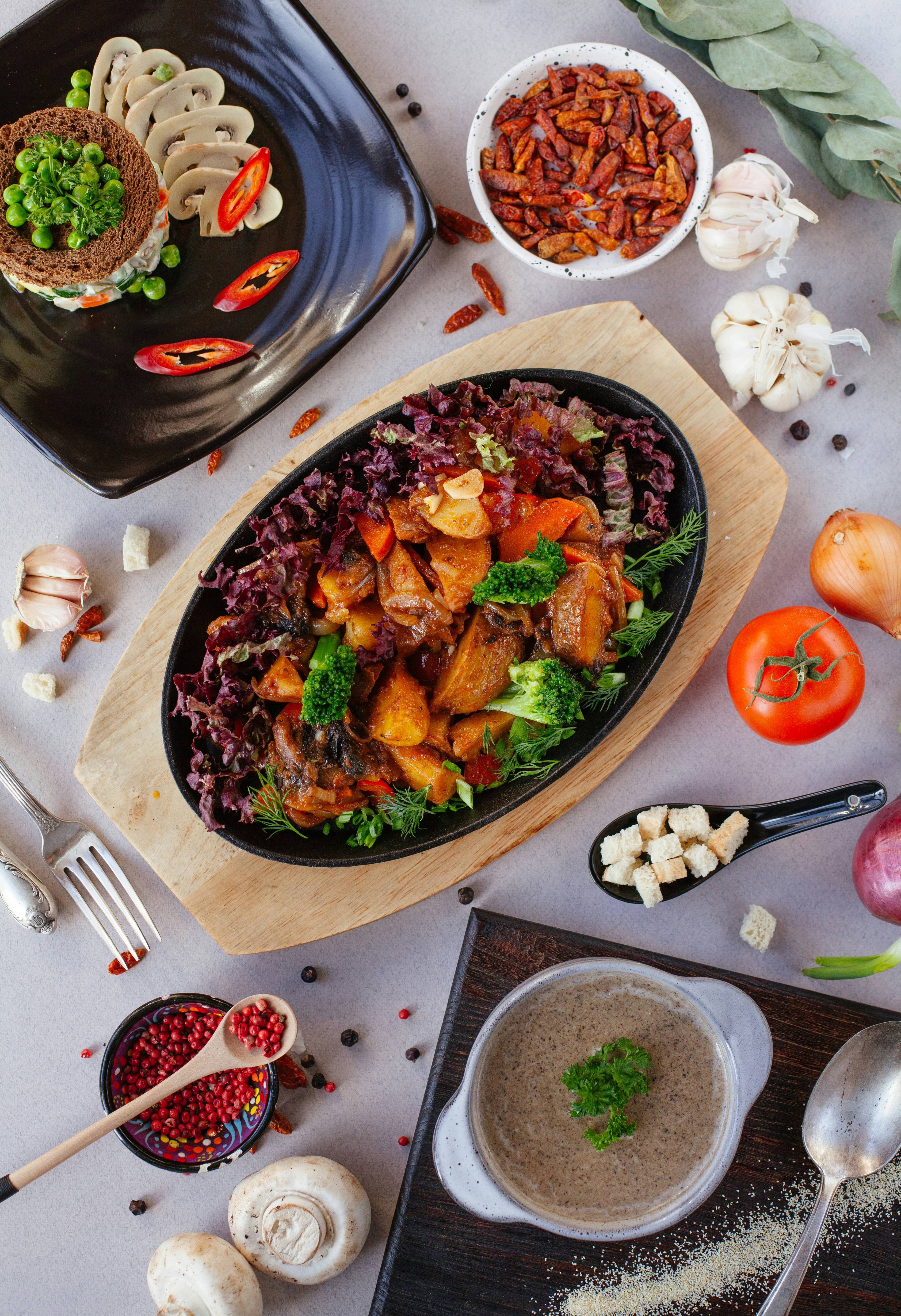
The Must-Have Spices for Every Kitchen
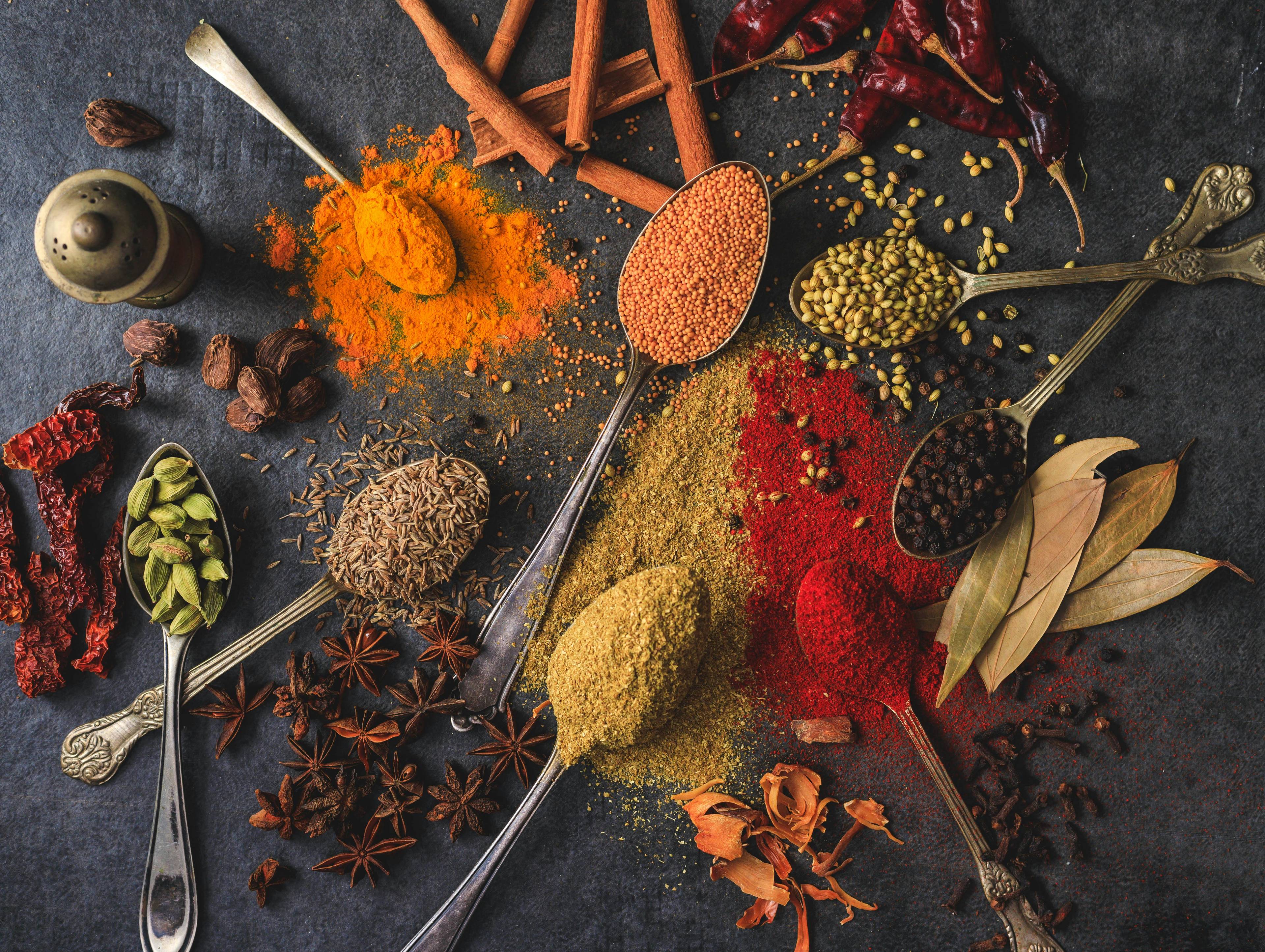
Indian Spices: Bold and Aromatic
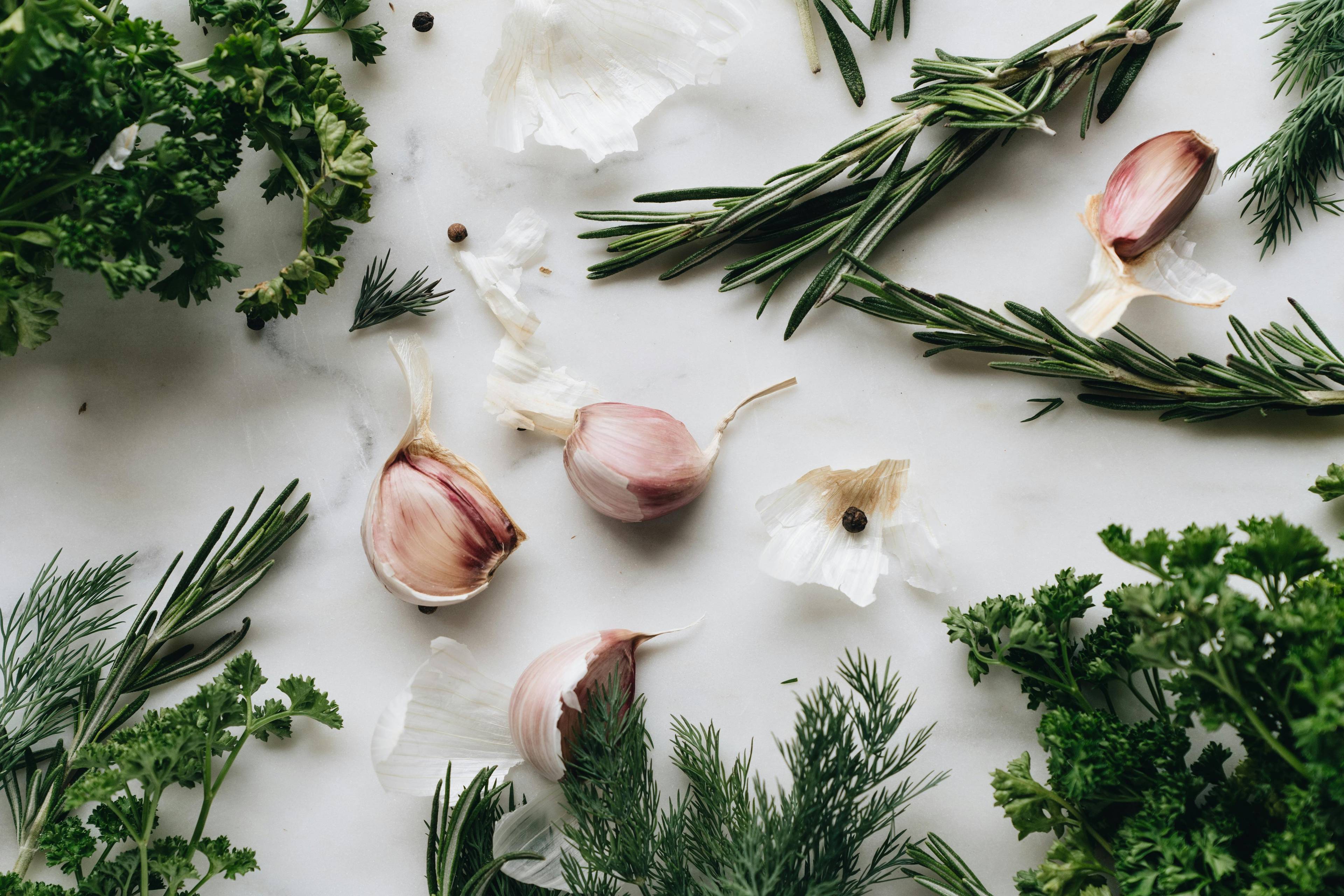
Italian Spices: Simplicity and Flavour
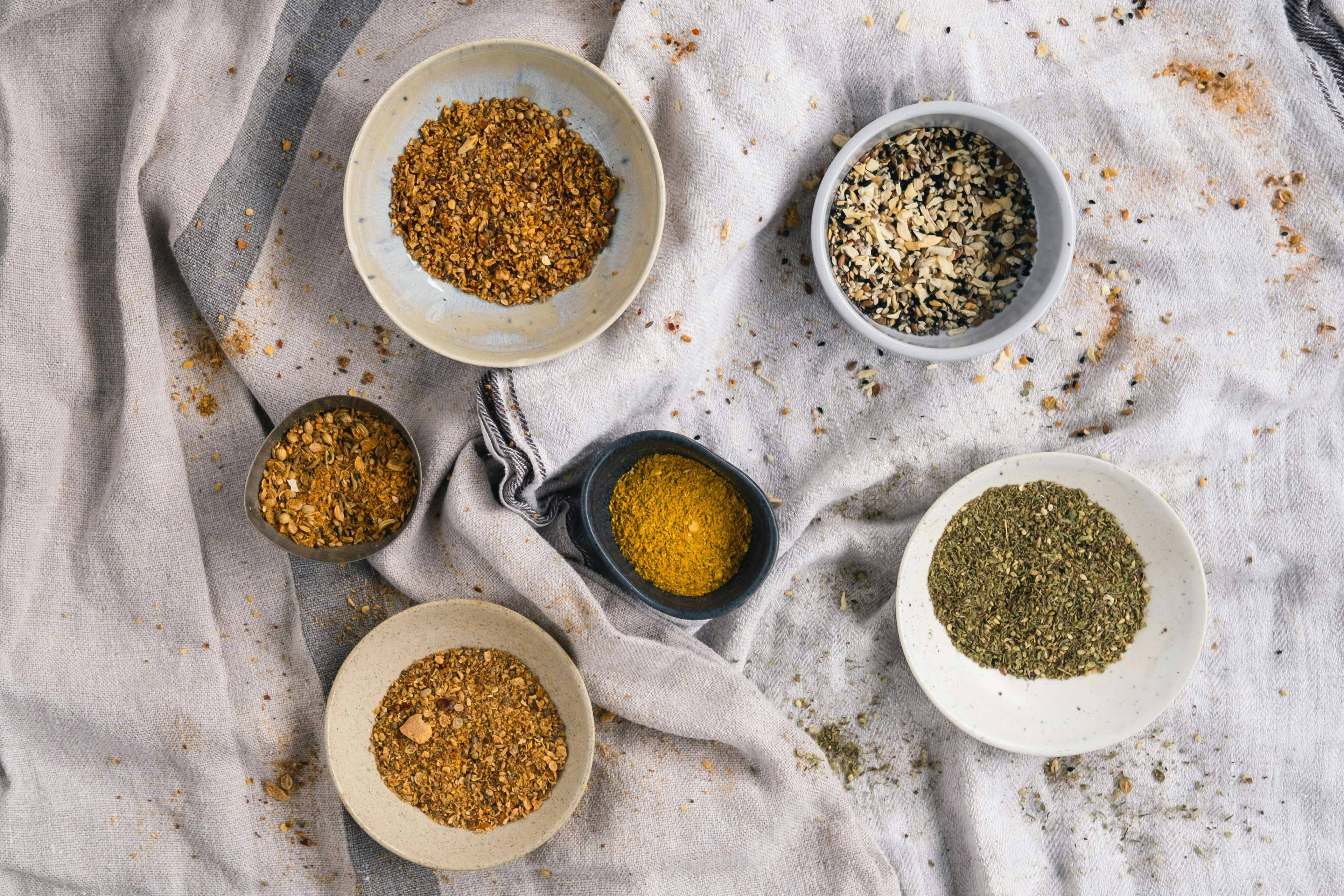
Learn How to Handle Spice
